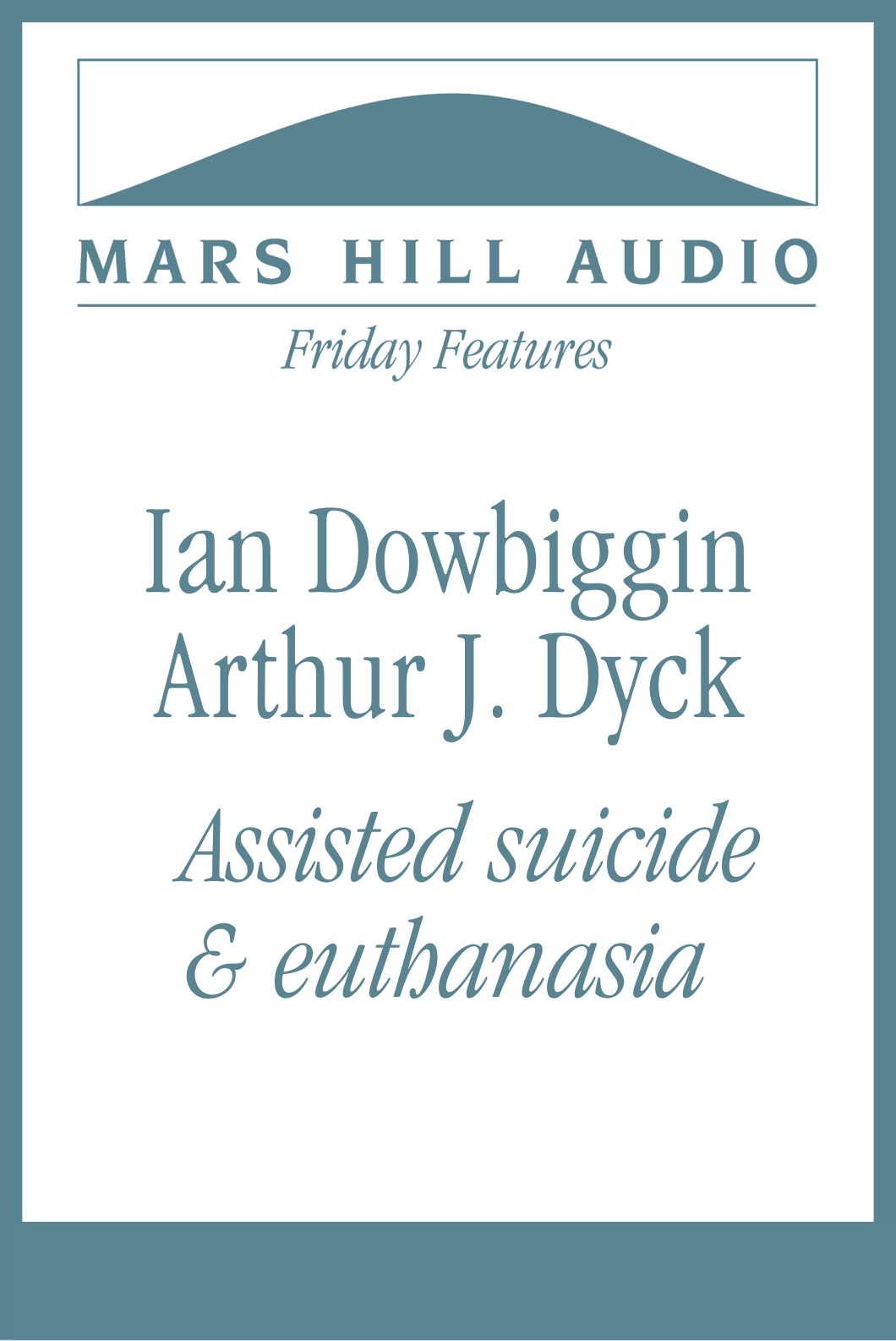released 1/10/2025
Given recent legal developments in the UK, Canada, and elsewhere regarding assisted suicide, we present two interviews from Volume 61 of the Journal focused on the “right to die” movement. First, Ian Dowbiggin explains how the modern “right to die” movement emerged from late 19th-century ideas grounded in positivism, social Darwinism, and utilitarianism. Those ideas provided a basis of “philosophical kinship” among groups supportive of eugenics, birth control, abortion rights, and euthanasia. Dowbiggin describes a more recent “crisis of confidence” in those ideas, however, and a greater focus on personal autonomy as the key factor in support for a person’s “right to die.” Dowbiggin is the author of A Merciful End: The Euthanasia Movement in Modern America.
Then, Arthur J. Dyck examines the moral and legal case against physician-assisted suicide. He explains why the same moral framework that prohibits homicide also prohibits euthanasia and how euthanasia and assisted suicide fundamentally oppose affirmations of the value of human life. Dyck argues that our natural inhibitions against killing and for nurturing life should not be suppressed or rationalized away, and that when we do so we do great societal harm. He concludes with a powerful analysis of the inherent and possible goods of choosing comfort-only care at the end of life, versus assisted suicide—goods that nurture and preserve our humanity up to the end. Dyck is the author of Life’s Worth: The Case against Assisted Suicide.
27 minutes
PREVIEW
The player for the full version of this Feature is only available to current members. If you have an active membership, log in here. If you’d like to become a member — with access to all our audio programs — sign up here.
Related reading and listening
- Eugenics and the rise of “evolutionary ethics” — FROM VOL. 70 Richard Weikart describes evolutionary ethics and examines the ties between national racism and the eugenics movements of the late nineteenth and early twentieth centuries. (16 minutes)
- On Eugenics in America — Christine Rosen explores early eugenics support in the early 1900s and current “participatory evolution” practices. (50 minutes)
- Privacy and a right to kill — FROM VOL. 60 Russell Hittinger explains the legal history behind the “right to privacy” and how it was used in landmark cases involving abortion and physician-assisted suicide. (33 minutes)
- Were Christian martyrs considered suicides? — FROM VOL. 36 Darrel Amundsen counters the modern myth that the early Church up until St. Augustine was accepting and even favorable of suicide. (12 minutes)
- Cleansing sea breezes — Thomas C. Oden argues that rather than being conformed to contemporary ideological trends, we should be informed by 2000 years of the Church’s wisdom. And Darrell Amundsen corrects some false claims about the early Church’s views on suicide. (27 minutes)
- John F. Desmond: “Walker Percy and Suicide” — John Desmond uses the novels of Walker Percy to critique the increasing trend in today’s medical fields and in secular society as a whole to affirm, even if tacitly, that suicide is a decision belonging to each individual as a right. (24 minutes)
- Mars Hill Audio Journal, Volume 73 — FEATURED GUESTS: Richard John Neuhaus, Nigel Cameron, Carlos F. Gomez, Michael Uhlmann, Patrick Carey, John W. O’Malley, Patricia Owen, Susan Srigley, and Ralph C. Wood
- Mars Hill Audio Journal, Volume 70 — FEATURED GUESTS: W. Wesley McDonald, C. Ben Mitchell, Carl Elliott, Richard Weikart, Christine Rosen, and Dana Gioia
- Edge of Life, Edge of Death — Richard Doerflinger and Richard John Neuhaus discuss central issues in bioethics during the 1990s. (57 minutes)
